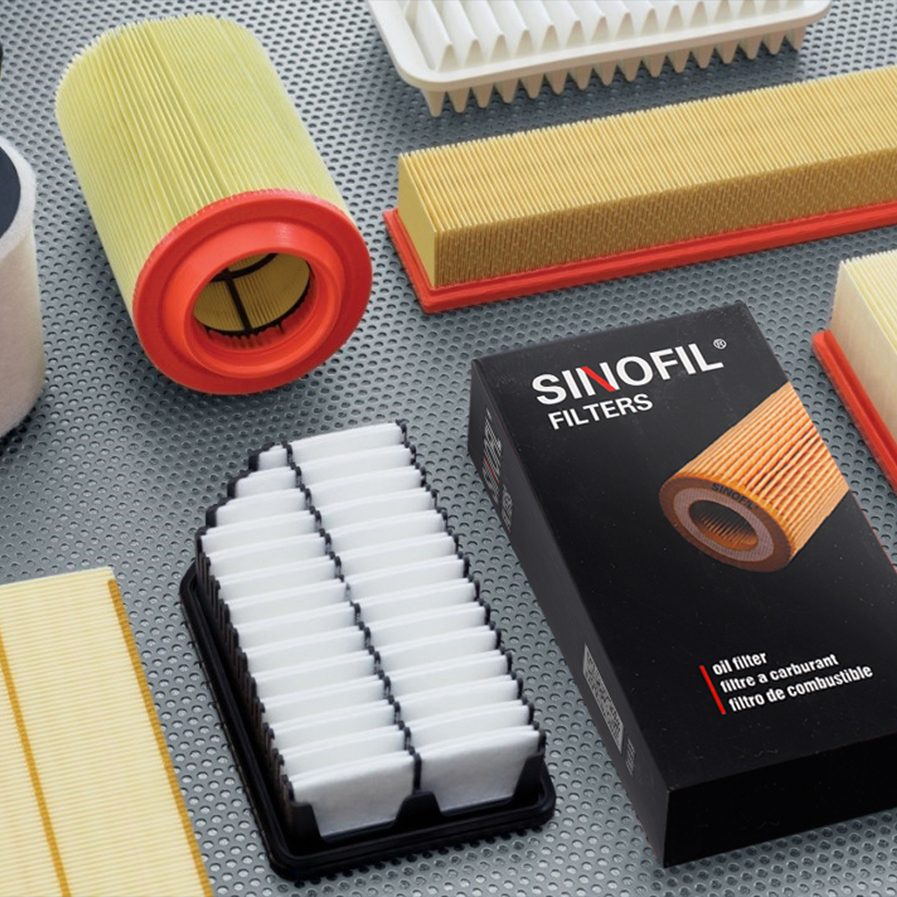Home / News / How does the application of air filters in the industrial field improve production efficiency?
Air filters play a crucial role in maintaining optimal conditions within industrial environments, directly contributing to improved production efficiency. Below are several ways in which the application of air filters enhances production processes.
In many industrial settings, airborne contaminants such as dust, particulate matter, and chemical vapors can negatively impact production quality. Air filters effectively remove these pollutants, ensuring that the air is clean. This is especially vital in industries like pharmaceuticals and food processing, where product quality is paramount. Cleaner air leads to fewer defects and reworks, thereby enhancing overall production efficiency.
Dust and particulates can cause wear and tear on machinery and equipment, leading to malfunctions and increased maintenance costs. By using high-quality air filters, companies can prevent contaminants from entering machinery, thus reducing breakdowns and prolonging equipment lifespan. This reliability minimizes downtime, allowing for more consistent production schedules.
Many industrial processes require specific environmental conditions to function effectively. Fluctuations in air quality can lead to inconsistent operating conditions, affecting process reliability. Air filters help maintain stable conditions by ensuring that the air quality remains within specified limits. This stability is crucial for processes that require precise conditions, such as chemical reactions and assembly lines.

A clean air environment is essential for worker health. Poor air quality can lead to respiratory issues and decreased productivity among employees. By utilizing effective air filtration systems, companies can create a healthier work environment, which can lead to fewer sick days and higher employee morale. Healthy, motivated workers tend to be more productive, directly impacting overall production efficiency.
Dirty air filters can restrict airflow, making heating, ventilation, and air conditioning (HVAC) systems work harder to maintain desired temperatures. This not only increases energy costs but can also strain the systems, leading to more frequent maintenance. Clean air filters allow for better airflow, improving HVAC efficiency and reducing energy consumption. Lower energy costs contribute to overall production efficiency by decreasing operational expenses.
Many industries are subject to strict environmental regulations regarding air quality. Using effective air filters helps companies comply with these regulations, avoiding costly fines and disruptions. Compliance ensures that production can proceed without interruptions caused by regulatory issues, thereby maintaining efficiency.
The use of air filters is directly linked to the quality of the end product. For example, in the electronics manufacturing industry, even minor dust particles can lead to defects in components. High-efficiency particulate air (HEPA) filters and other advanced filtration technologies can significantly reduce such risks. Better product quality translates to lower rejection rates and higher customer satisfaction, both of which enhance production efficiency.
Different industries require different types of air filtration solutions. From HEPA filters for cleanrooms to activated carbon filters for removing odors and gases, the versatility of air filters allows companies to tailor their filtration systems to meet specific production needs. This customization ensures that each production process operates at peak efficiency.
The application of air filters in the industrial field significantly improves production efficiency by reducing contaminants, protecting equipment, maintaining stable operating conditions, enhancing worker health, and promoting energy efficiency. Furthermore, compliance with regulations and the improvement of product quality further contribute to overall efficiency gains. As industries continue to evolve, the role of air filters will remain critical in fostering a productive and safe working environment.



 English
English Español
Español











 ++86 183 3391 1399
++86 183 3391 1399


 +86 183 3391 1399
+86 183 3391 1399
 +86 187 3296 0060
+86 187 3296 0060 Wangshigong Village, Wei County, Xingtai City, Hebei Province, China
Wangshigong Village, Wei County, Xingtai City, Hebei Province, China
